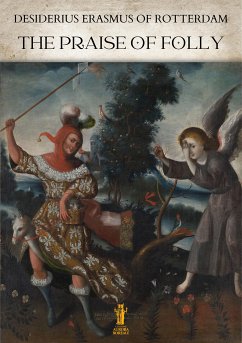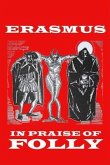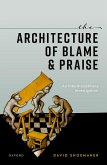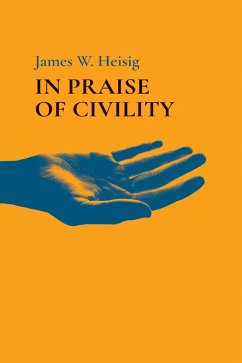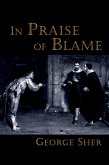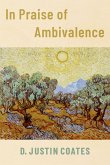He was an important figure in classical scholarship who wrote in a spontaneous, copious and natural Latin style. As a Catholic priest developing humanist techniques for working on texts, he prepared important new Latin and Greek editions of the New Testament, and also wrote fundamental works as On Free Will, The Praise of Folly, Handbook of a Christian Knight, On Civility in Children, and many other essays.
The Praise of Folly (Stultitiae Laus or Moriae Encomium in Latin), is an essay written by Erasmus in Latin in 1509 and first printed in June 1511. Inspired by a previous works of the Italian humanist Faustino Perisauli, De Triumpho Stultitiae, it is a spiralling satirical attack on all aspects of human life, not ignoring superstitions and corruptions in the contemporary Latin Church, but with a pivot into an orthodox religious purpose.
Dieser Download kann aus rechtlichen Gründen nur mit Rechnungsadresse in A, B, BG, CY, CZ, D, DK, EW, E, FIN, F, GR, HR, H, IRL, I, LT, L, LR, M, NL, PL, P, R, S, SLO, SK ausgeliefert werden.

